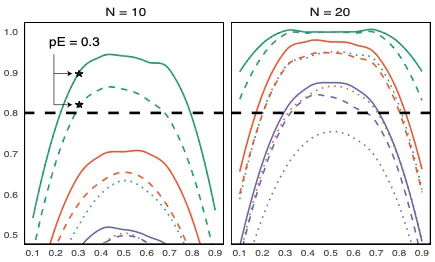Design of Experiments

Modifying quantitative methodology to support wider inferencing
As I study STEM research, I felt a personal imperative to also cultivate an insider perspective in order to adequately theorize the experience for scientist education.
The area of inquiry I pursue in STEM is the statistical design and analysis of experiments, particularly in understanding statistical tradeoffs of smaller (in general, modified) experiments. I intend to understand how it is we could design experiments with sufficient power, among other metrics, to be logistically less demanding and support inquiry and scientific productivity in low-resource contexts such as action research or high school STEM projects. My overall goal is to develop a mastery on inference strength regardless of a reduction of design parameters. As part of this work, I have interdisciplinary interests in quantitative research methodology and educational measurement.
My major interest revolves around longitudinal models, such as on how we might be able to reduce resource load for designs of such. I have explored, in a related manner, the statistical tradeoffs of incomplete block designs pursued in international large-scale assessments such as PISA. I have similarly explored the statistical implications of various methods in handling differentiated longitudinal measures.